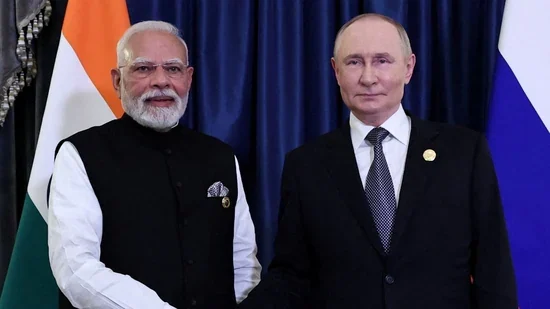Intelligence Quotient (IQ) serves as a standardized measure of cognitive abilities, reflecting not only innate intelligence but also the effectiveness of a nation’s education system, cultural emphasis on learning, and investment in research and development. According to recent analyses, the following countries lead the world in average IQ scores:
- Japan – With an average IQ of 106.48, Japan’s commitment to education and technological advancement places it at the forefront of global intelligence rankings.
- Taiwan – Scoring 106.47, Taiwan’s emphasis on STEM education and its pivotal role in semiconductor manufacturing contribute to its high cognitive performance.
- Singapore – Achieving an average IQ of 105.89, Singapore’s world-class universities and policies promoting academic excellence and innovation bolster its position.
- Hong Kong – With an IQ of 105.37, Hong Kong balances its status as a financial hub with a strong educational framework.
- China – Scoring 104.1, China’s significant investments in education, science, and technology drive its growing influence in the global economy.
- South Korea – With an average IQ of 102.35, South Korea’s culture emphasizes academic achievement and innovation, particularly in electronics and AI.
- Belarus – Scoring 101.6, Belarus’s focus on education and critical thinking skills contributes to its high IQ ranking.
- Finland – With an IQ of 101.2, Finland’s renowned education system emphasizes equality and student well-being.
- Liechtenstein – Scoring 101.07, Liechtenstein’s small size belies its strong educational outcomes.
- Germany – With an average IQ of 100.74, Germany’s robust education system and emphasis on research and development support its high cognitive performance.
These rankings highlight the importance of educational infrastructure, cultural values, and national policies in shaping the cognitive abilities of a population. While IQ is a useful metric, it is essential to consider it alongside other factors such as creativity, emotional intelligence, and practical skills to gain a comprehensive understanding of a nation’s intellectual capabilities.















